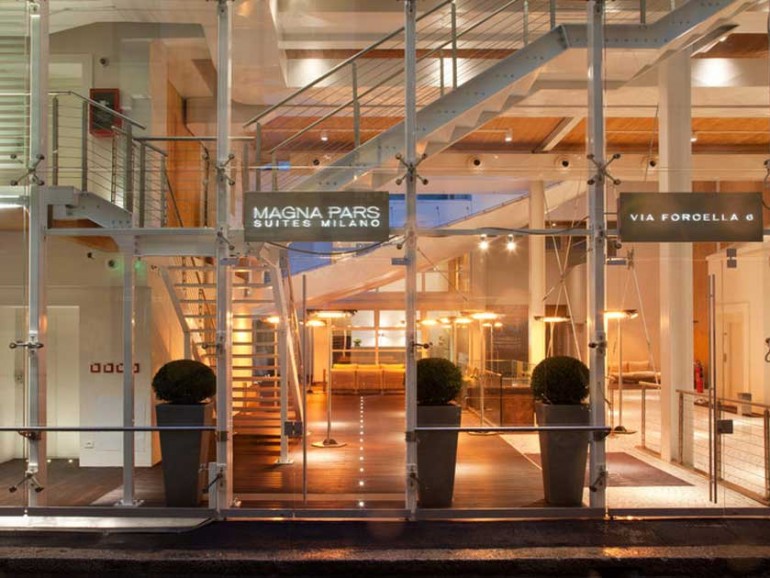
We all know how important choosing the right venue and location is to the overall success of an event, which makes it a crucial part of the planning process.
There are some venues where high-end events should not go (and vice versa). For example, can you imagine an exclusive end-of-year company conference being held in a run down village hall? Of course, such an occurrence would a major oversight – but in events planning, even the smallest mistake could impact on the success of your event.
So, here are the top five things to consider when selecting a venue for your next event:
Size
Before creating your shortlist of possible venues, write down who will be attending to give you a rough number of how many to expect. You need to make sure there is enough room for your expected guest list at the venue.
It’s always better to book a slightly bigger venue than appears necessary as the published capacity is always the absolute maximum. If you don’t want your delegates to be crammed in like sardines or if you need space for a stage, projection and graphics you’ll need to take this into account. If your event is by invite only, request that recipients RSVP so you have a reliable projection of numbers.
Location
A convenient location can increase attendee numbers but conveniency varies for different events. If attendees are from a specific geographical range, a venue that is reasonable distance from the closest town/city or place of work should meet the requirements.
However, when attendees are travelling from a number of areas, hosting the event near transport links is beneficial. Furthermore, combining the venue with accommodation arrangements can give extra brownie points. Many hotels have function rooms, so this practice is particularly useful when attendees are travelling from afar.
Price
Most venues will charge an upfront fee upon hire. Being flexible on the date of your event can be a great way of negotiating the price down. For cost-conscious organisers, try to avoid high demand periods such as weekends and holiday seasons. If your event is overseas, you will also need to be aware of any local holiday periods or festivals.
Be aware of any hidden costs and make sure you are clear on what is included in the fee. And have a good cancellation policy, just in case!
Event history
If the event as an annual/bi-annual occurrence, identify the most successful ones in recent years and think about what it was about the venue that made it so successful. Use these features as a guide for finding a new venue that meets or exceeds the previous event. Past events also give you a good indication of numbers to expect.
Layout
You should have a vague idea about what activities will be taking place. If it is a conference there should be enough room for structured seating and a presentation stage. If it is a networking event, there should be an open space for attendees to wander freely.
There is a lot to consider when choosing an event venue: other factors include parking, accessibility, services and facilities.




